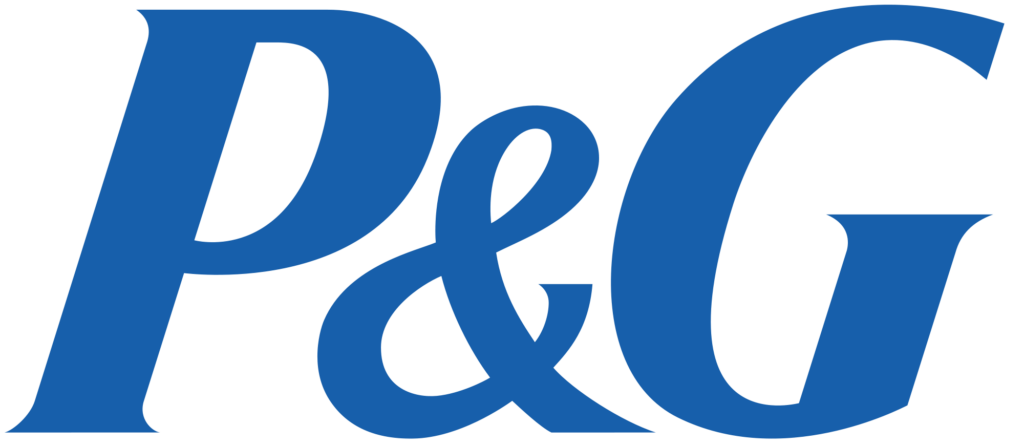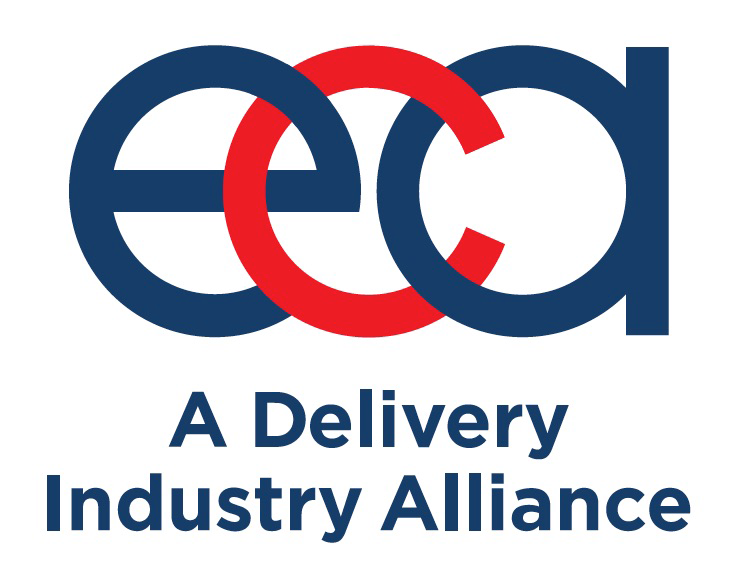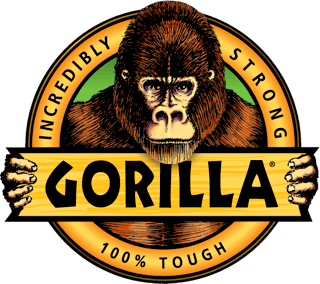Does your brand need a “deviant” brand name? Nick Kolenda, a researcher who’s written extensively about naming, talks about a category of names he calls “deviant.”
Deviant Names
Check out this #tellthetruths video to hear about what a deviant name is and what Rebeca thinks about how to make them work.
This video originally appeared in LinkedIn
If you enjoyed this video, check out:
Transcript:
So can it be a good idea to be a deviant? There’s this really smart guy named Nick Kolenda, and he has like so many people in naming a way of categorizing names. One of his categories I think is fascinating. He calls names deviant names that are real words but that have basically nothing to do with what they’re naming.
So like Apple, Amazon and Pandora are all examples of this. And he talks about these as maybe being a good idea. I have sort of mixed feelings about them. They’re very in-fashion right now, probably because of the success of Apple and Amazon. But I have kind of a knee-jerk reaction when there isn’t enough of a connection between the name and what they’re selling. So a great example of that is Lemonade Insurance. No. It’s not a good idea to be a deviant in that case.
So why do I think it works in the case of, say, Amazon? Because I think even if you literally don’t have something to do, but you have strong, metaphorical meaning in the name that you can borrow, that helps the brand, and that can be great. So Amazon, now we think Amazon, the company. But when they first started, even if you weren’t conscious of it, sitting underneath is this sense of the vastness of the Amazon rainforest and the vast, powerful Amazon river. And so there’s meaning in the vessel that can be borrowed, and that’s helpful. When there’s no connection, like Lemonade Insurance, um, not so much. What do you think? Let me know. Bye.








